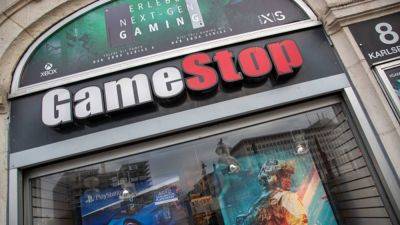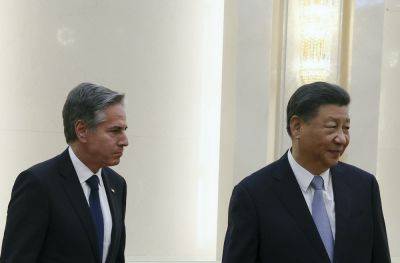Daigou were once ‘make-or-break’ for Australian brands in China – where are they now?
Disgruntled shareholders sued the listed company after its share price sank heavily in 2020, claiming it had misled them about the loss of daigou sales.
For a2 and other exporters of baby milk formula, daigou play a key role in helping them succeed in the Chinese market.
The daigou phenomenon was not limited to baby milk formula – vitamins, supplements, skincare and even UGG boots all became part of their shopping haul.
As one former daigou in Australia told This Week in Asia: “Chinese buyers were buying everything and anything, I was even buying toys”.
But the daigou dream turned sour for a2 and other Australian and New Zealand brands as Chinese authorities began cracking down on import tax evasion, local consumers expressed their outrage and pandemic-era travel restrictions hit the cottage industry hard. Chinese e-commerce expanding its reach into Western markets also had an effect, ex-daigou and experts said.
Yet the daigou have not completely vanished.
Instead, they have morphed into a more refined retail ecosystem, partnering with Australian and New Zealand brands that have expanded their online presence to directly connect with Chinese consumers through platforms like Tmall and Douyin, according to James Hudson, a former Alibaba executive in Australia and founder of e-commerce consultancy FrontierBlue. Alibaba owns the South China Morning Post.
“The era of individual Chinese students [in Australia] purchasing products from retailers like Chemist Warehouse for resale to their networks in China has largely passed,” Hudson told This Week in Asia.
“The remaining daigou have transitioned, or evolved, into large-scale distributors operating across various online and offline channels.”
For a2, slower daigou sales hit hard in 2020







